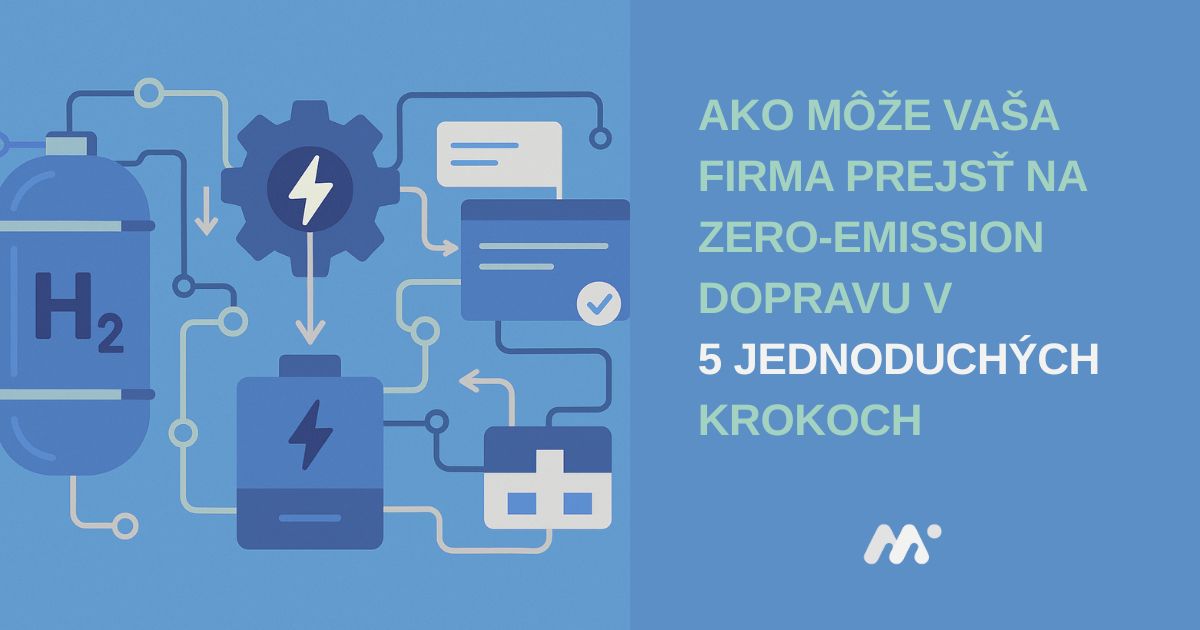How your company can switch to zero-emission transport in 5 easy steps

Introduction
Sustainability is becoming an integral part of modern business.
Companies are facing increasing demands to reduce emissions, whether from customers, partners or regulations.
Zero-emission transport is not just a green choice – it’s a strategic advantage.
But how do you get started with the transition to technologies such as hydrogen or electric propulsion?
In this article, we’ll show you 5 key steps to successfully navigate this journey.
Step 1: Understand the needs and specifics of your operation
Every fleet is different.
Before choosing a technology, it is crucial to analyze:
– daily mileage,
– operating conditions (climate, terrain),
– range and capacity requirements,
– infrastructure availability.
A proper understanding of your current operations will allow you to better define your needs and set realistic goals for the transition to zero-emission.
Step 2: Choose a solution, not just a technology
The choice between hydrogen, battery or hybrid propulsion is not about technology competition.
It’s about choosing the right solution for your specific needs.
Every project is unique – which is why a systems approach that combines technology, infrastructure and operational goals into a single functional unit is important.

Step 3: Plan infrastructure and logistics
Zero-emission vehicles require appropriate infrastructure support:
– charging stations for battery solutions,
– hydrogen refueling stations for fuel cells.
It is important to think about the location, capacity and how to serve the infrastructure at an early stage.
Sometimes a combination of existing and new infrastructure may be the best solution.
Step 4: Prepare for legislative and security requirements
Homologation, certification, safety standards – all of these are integral to the deployment of new technologies.
Working with a partner who is experienced in legislative processes and system integration will save you time and costs.
Step 5: Start with a pilot project and gradually scale up
Pilot projects are the most effective way to test new solutions in real-world conditions without major risks.
The gradual deployment of new vehicles enables:
– better manage investments,
– evaluate real data,
– flexibly optimize next steps.
Start with a small project, gain experience and then expand your zero-emission fleet as needed.
Conclusion
The transition to zero-emission transport is not just about changing technology.
It is a complex process that requires proper planning, innovation and strong partnerships.
Companies that start the transformation today will be among the leaders of a new era of mobility tomorrow.
At Mobility & Innovation Production, we help you find a solution that is not tied to one technology, but tailored to your real needs.
If you want to know more about the options for your fleet, we’d be happy to get in touch.